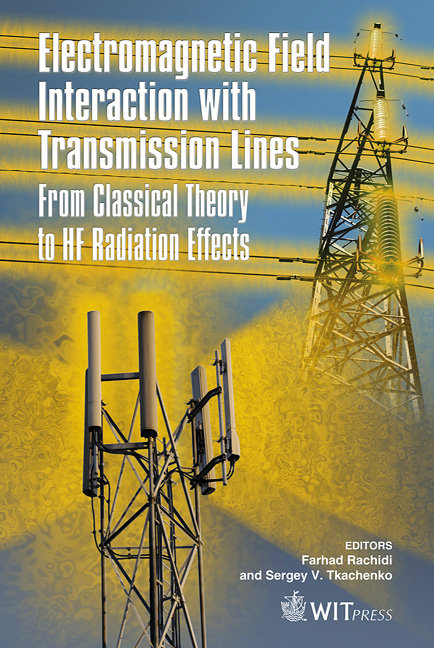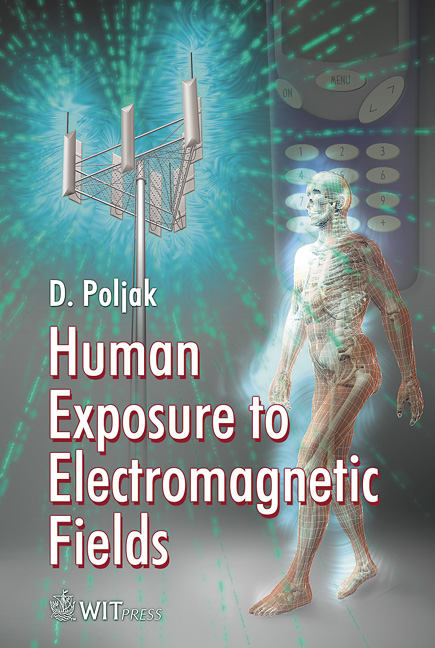Electromagnetic Field Interaction with Transmission Lines
From Classical Theory to HF Radiation Effects
Edited By: F. RACHIDI, Swiss Federal Institute of Technology, Switzerland and S. TKACHENKO, Otto-von-Guericke-University of Magdeburg, Germany
Price
£131.00 (free shipping)
ISBN
978-1-84564-063-7
eISBN
978-1-84564-300-3
Pages
288
Book Series Title
Advances in Electrical Engineering and Electromagnetics
Book Series
5
Transaction Series
WIT Transactions on State-of-the-art in Science and Engineering
Transaction Volume
29
Published
2008
Format
Hardback
The evaluation of the electromagnetic field coupling to transmission lines is an important problem in electromagnetic compatibility. The unabated increase in the operating frequency of electronic products and the emergence of sources of disturbances with higher frequency content (such as High Power Microwave and Ultra-Wide Band systems) have led to a breakdown of the TL approximation’s basic assumptions for a number of applications. In the last decade or so, the generalization of the TL theory to take into account high frequency effects has emerged as an important topic of study in electromagnetic compatibility. This effort resulted in the elaboration of the so-called ‘generalized’ or ‘full-wave’ TL theory, which incorporates high frequency radiation effects, while keeping the relative simplicity of TL equations.
This book covers both the classical transmission line theory as well as its recent enhancements. It is intended for graduate students, researchers and engineers interested in the transmission line theory and electromagnetic field interaction with transmission lines, with special emphasis on high frequency effects. The text is organized in two main parts containing a total of seven chapters. Part I presents consolidated knowledge of classical transmission line theory and different field-to-transmission line coupling models. Part II present different approached developed to generalize the TL theory in order to include high frequency effects.
Although the chapters follow a logical order and a novice reader is advised to read the book sequentially, an effort has been made to make each chapter as independent of the others as possible. Therefore, readers interested in a particular aspect of the subject dealt with in one chapter to not need to consult other chapters of the book.








